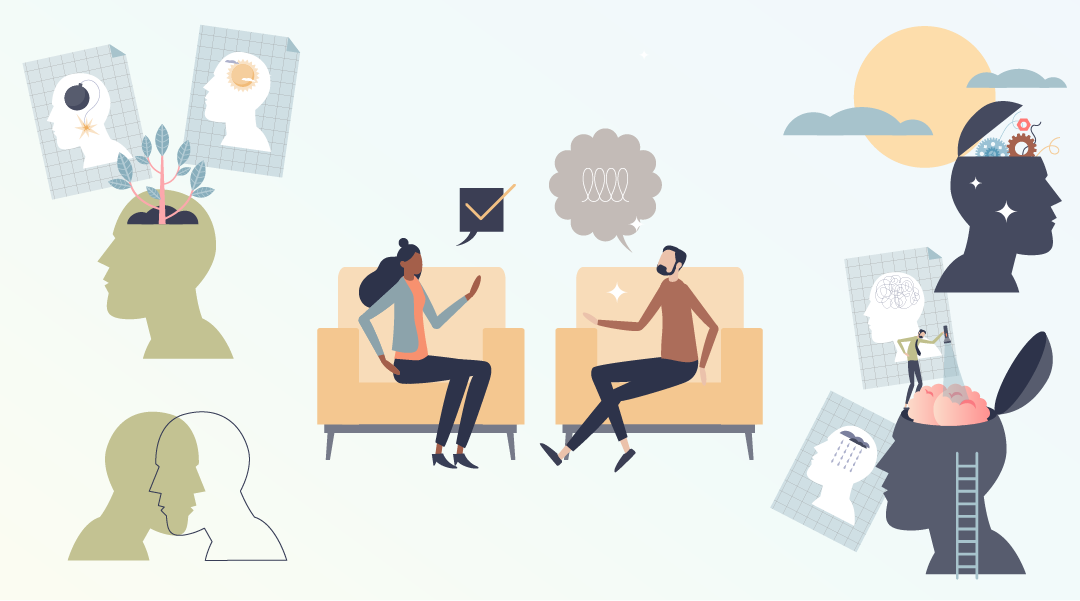
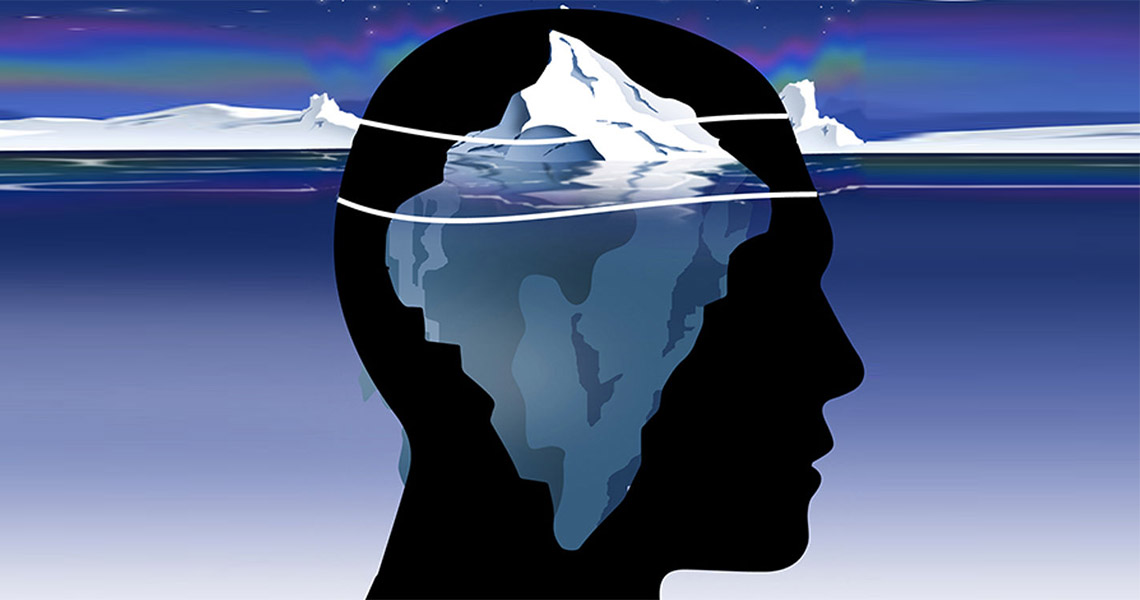
I wake up. I am in a bed in a small room in the aptly named Black Forest. There is no light. I cannot see my own hand in front of my face. I have no idea of the time and I dare not look at the clock. I don’t want to know how many interminable hours I will have to endure before dawn and daylight. Then another 10 days and nights before I am home. I am trapped in a very dark place.
I am a man lost out at sea. The safety of the shore is a mirage. I am scared of drowning. I am on the edge of panic. The fear rises in my stomach, escalating exponentially. A tangible, physical, horrible, sinking feeling.
I need to stop myself from going under. I talk to myself, dragging up fragments of my mantra, “I am safe”, “It will pass”, “It’s a memory place”. Grasping desperately for mindfulness, I attempt to step aside from my feelings into the present reality. “How interesting” I mumble to myself as I stumble to the door of the balcony and take a breath outside my prison cell. The clock says 10 past 2. “This isn’t going to be easy”, I say to myself “Let’s just get to 2:15”.
I had my first anxiety attack in New Orleans 5 years earlier. It took me entirely by surprise. Thousands of miles from home, my hotel room had no windows and again it was pitch black. I woke with an immediate and overwhelming feeling of consuming panic. I had no mantras or mindfulness methods to manage it then. I just had manic – manically calculating how I could get back quickly to England. It was too impossible. I got up, threw on some clothes and fled out of the room.
Next thing I knew I was pacing obsessively up and down a corridor, counting each step 1-2-3-4, 1-2-3-4, 1-2-3-4, over and over. Trying not to think of anything but the numbers.1-2-3-4, 1-2-3-4, 1-2-3-4. Just trying to survive through the next minute. Then I was out in the street, in the middle of the night, walking as fast as I could, somewhere, anywhere.
I found myself on some steps looking out to the Mississippi, focussing on this calming mass of water, breathing the warm air and bathing in the open space. I was like a man who has broken out of a dungeon. I was Andy in the Shawshanke Redemption, crawling out through a filthy narrow pipe into the freshness and liberty of the river.
A year later, I was stranded in Budapest when the infamous Icelandic volcanic ash cloud spread over Europe. Another panic attack. All flights home were cancelled. It was hopeless. I pounded the pavements of yet another city. I was desperate. If I jumped in front of a car, I would be taken to hospital. Then they would have to find a way to get me home. In a moment of sanity, I rang a friend who “talked me down”. In the end, three of us drove the 22 hours across Europe to get home.
Knowing our own Mind
Roll the clock forwards ten years to October 10th 2020 and it’s “World Mental Health Day”. I have completed therapy, no longer have panic attacks, and have trained as a coach. What have I learned about mental health from my own experience and discovery?
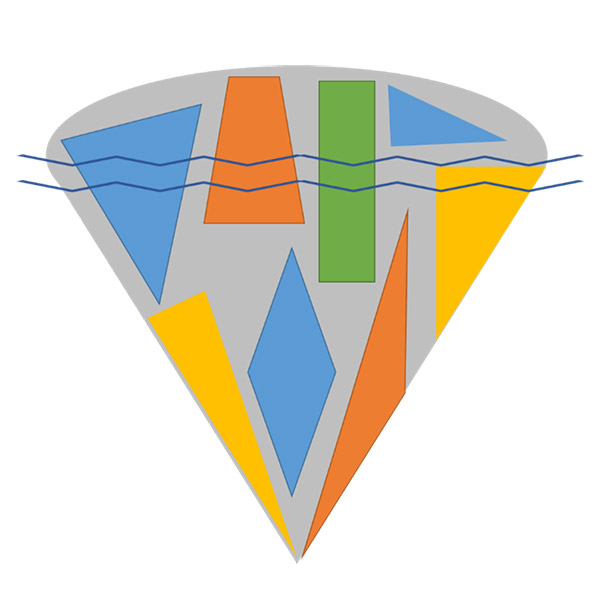
Firstly, that our mental health challenges follow us wherever we go. They stalk us and track us down They are in our head – the one thing we cannot really leave behind.
Secondly, that mental health conditions come in all shapes and sizes. If our mind is an iceberg, many are above or near the surface, others are submerged much deeper. Through therapy, I learned that my panic attacks were triggered by subterranean subconscious memories – in my case, the traumatic experience of abandonment as a baby. When touched, these old wounds of psychic terror erupted in indescribable pain and panic. My journey from the bottom of the iceberg to the fresh air above the water took years of therapy.
Dealing with other, less deeply rooted and maybe more prevalent mindset challenges – such as anxiety, loss, perfectionism, or imposter syndrome – may be a shorter journey and within the reach of coaches to help with.
All of which is easier said than done. Progress can be two steps forward and one step back. But walking in the right direction, however slowly and meandering, always brings us closer to where we want to be.
Thinking Differently
Thankfully, there is much more understanding and openness about mental health than there was 10 or 20 years ago. I think it all started with Paul Gascoigne at Italia 90 crying in front of 25 million viewers on British TV. Then we had the dramatic public outpouring of grief with the death of Princess Diana.
We are slowly learning the importance of acknowledging and revealing our emotional and mental health challenges, without being embarrassed or ashamed of them. We are accepting that talking and seeking help is essential.
Meanwhile, there has been a huge increase in people diagnosed with mental health and wellbeing conditions. Those number of people with anxiety has tripled in the last decade. By 2018, it affected 25-30% of women under 35 – and that was before Covid-19. Anxiety alone causes unknown unhappiness and exhaustion for millions of people.
Having started to acknowledge, test and trace mental health challenges, how are we to contain the growing epidemic, now super-spreading with Coronavirus?
We are realising that offering simplistic advice is rarely helpful and can indeed be harmful. And saying we understand – when we can’t – can be patronising and dispiriting.
As a coach, I have learned that the most important thing is to simply listen patiently with compassion.
Finding our Voice
As part of our Barefoot training, we explored the “cast of characters” – the range of voices inside our head, sometimes collaborating, sometimes competing with each other. Some are playful, others more logical, some very risk averse, others adventurous, some are older, others are quite young.
In my case, there was a terrified voice of a child from my past screaming that I was trapped and abandoned, and that I had to escape right away. This is a very useful voice when there is a real and immediate danger. My adult, rational voice was desperately trying to get into the conversation to say this was simply not the case.
We may have other voices grounded in fear or hopelessness – with feelings of anxiety, depression, unworthiness, anger, or deep hurt. They come from parts of our psyche damaged by the past or fearful of the future. They tell us the house is on fire when all we need to do is replace the battery in the smoke alarm. The previous fire was years ago.
This is where listening to the voices of the present is most important. We live and breathe in the here and now. The past is gone. The future does not exist.
I am not defined by, or at the mercy of any of these voices. I am (mostly) a rational, functioning adult, living in the present reality. I can choose which parts of my mind to listen to. I can turn their individual volumes up or down. I can politely and firmly say to the noisy, unhelpful characters that I have heard what you have to say, thank you very much, and you no longer need to shout.
The last thing on my Mind
World Mental Health Day reminds us that we must never stop learning and caring – that that we need to continue to champion the cause of the millions of people across the world who are living with mental health challenges.
One final, personal plea. Mental health is a world where men need to speak up and show up more. In the UK, only 20-25% of therapists and coaches are male. Men are just as susceptible to mental health challenges as women – we are just less likely to talk about them. Let’s start to address that unusual gender imbalance.
– By Dave Bottomley
Dave is a business and personal coach, recently trained with Barefoot. He is seeking to enable leaders and teams perform to their maximum potential, and to help individuals to overcome their challenges and meet their personal goals.
He spent the majority of his career as a leader in technology and change with well-known retailers, finally with Specsavers, where he was the IT Director for Northern Europe until last year.
He is a husband, father, runner, world traveller (when allowed), photographer and occasional writer.
Enjoying these insights? Get more free tips and expert perspectives delivered straight to your inbox.
SIGN UP FOR UPDATESGet to Know Barefoot Coaching
Making the world a brighter place through exceptional coaching.
ABOUT US
Enjoying these insights? Get more free tips and expert perspectives delivered straight to your inbox.
SIGN UP FOR UPDATESGet to Know Barefoot Coaching
Making the world a brighter place through exceptional coaching.
ABOUT US
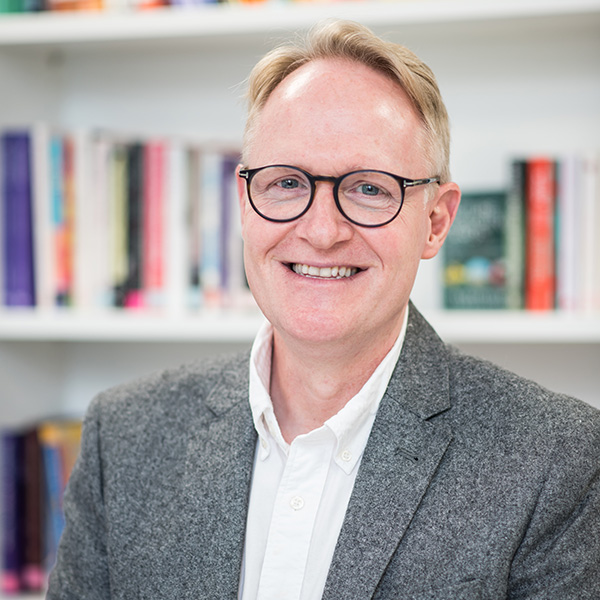
Chief Executive Office - MBA, PCC


Develop your coaching skills with ICF Level 2 accredited training — blending tools, psychology, and practice, grounded in real coaching experience. Open to all backgrounds, with University of Chester options.

Our workplace coaching offer develops leaders and teams through practical tools, psychology, and real coaching expertise — building cultures of trust, resilience, and performance across every organisation.

Our Leader as Coach programme equips leaders with coaching skills to inspire, engage, and empower. Blending theory with practice, it transforms everyday conversations into opportunities for growth.

This dynamic programme blends advanced learning on group and team dynamics with practical coaching experience — empowering you to coach teams confidently. Accredited with 40 ICF CCE points.
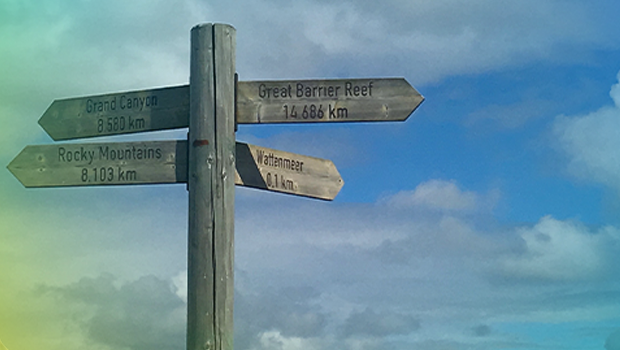
This pioneering programme builds the skills, insight, and empathy to coach clients through grief and loss in all its forms. Accredited with 40 ICF CCE points.
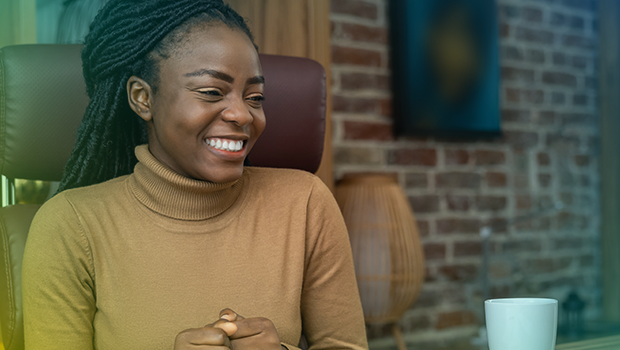
This university approved programme equips experienced coaches to become professional supervisors, guiding others with reflective, ethical, and practice-based methods. Accredited with 40 ICF CCE points.

Our open group supervision offers practising coaches a reflective, structured space to refresh, align ethically, and gain perspective. Put 10 hours of Coaching Supervision towards ICF Core Competencies.

Our bespoke one-to-one coaching unlocks personal and professional potential, fostering lasting transformation through a trusting, confidential relationship — far beyond a transactional experience.

This transformative programme supports women in organisations to thrive professionally and personally, overcoming barriers like people-pleasing and impostor syndrome while challenging norms and unlocking growth.

Our Leader as Coach programme equips leaders with coaching skills to inspire, engage, and empower. Blending theory with practice, it transforms everyday conversations into opportunities for growth.

This dynamic short course equips accredited coaches to facilitate group coaching, supporting shared learning in safe, confidential environments. Accredited with 14 ICF CCE points.

Our team and group coaching programmes help organisations unlock collective potential, fostering collaboration, challenge, and shared learning — complementing one-to-one coaching for systemic impact.
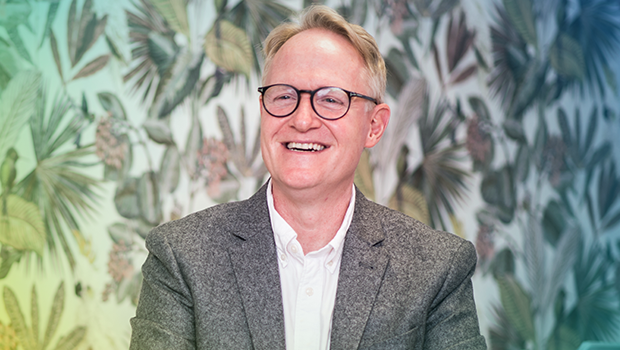
Join Andy Chandler, CEO of Barefoot Coaching, in this on-demand session exploring applied psychology in coaching — equipping leaders, coaches, and HR/L&D professionals with practical tools to boost performance.

This year-long programme supports accredited coaches to launch, manage, or grow their coaching business, learning from experienced coaches and successful business owners. Accredited with 40 ICF CCE points.

A welcoming, foundation-level course introducing coaching techniques for personal and professional growth. No prior experience needed — open to anyone curious to explore coaching.
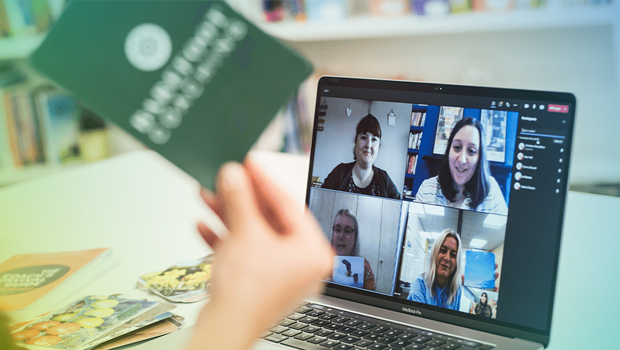
This dynamic programme empowers women to overcome people-pleasing and impostor syndrome. Through high-energy group coaching, participants build confidence, assertiveness, and the skills to thrive personally and professionally.
Posted onTrustindex verifies that the original source of the review is Google. I completed the Women’s Development Programme with Barefoot Coaching towards the end of 2024. It’s been an incredibly rewarding and insightful experience. Our course leader Julia was amazing, helping to create a safe and open environment for all those taking part. I wanted to do this programme with Barefoot to work particularly on managing feelings of imposter syndrome, and to also to build my confidence in both a professional and personal context. This course has provided me with the coaching tools and techniques required to overcome these boundaries and I’m excited to continue to implement these skills moving forward. I’d highly recommend this course to women of all ages looking to advance in all areas of life.Posted onTrustindex verifies that the original source of the review is Google. I recently completed the Women’s Development Programme and feel like I’m walking away with a clearer understanding of the importance of personal and professional boundaries and feel armed with strategies to push against self-doubt. I’d recommend this course to women struggling to manage challenging relationships and those wishing to break free from habits such as people-pleasing. I’m really looking forward to implementing my learnings and continuing to develop my approach to coaching communication. Thank you to the Barefoot Coaching team for this insightful experience!Posted onTrustindex verifies that the original source of the review is Google. I have just found my ‘Barefoot Coaching’ coaching cards from 2012, they are so valuable even after 9 years!Posted onTrustindex verifies that the original source of the review is Google. An amazing 12 days with the Barefoot Team working on Personal and Business Coaching. The tutors are incredibly knowledgeable, the theory wide-ranging and the practical sessions varied and valuable. I'd recommend this course and the Barefoot Team to anyone.Posted onTrustindex verifies that the original source of the review is Google. I chose Barefoot to consolidate my training as a coach in 2016. Everyone I spoke to beforehand about coach training providers said that Barefoot was the only choice - and they were so right Great tutors and course materials. Brilliant challenge and support. Excellent venues. You are made to feel part of Barefoot from day one . Lots of folk have said it, but life changing is the only way I can describe my experiences with Barefoot.Posted onTrustindex verifies that the original source of the review is Google. I recently completed the taught modules of the Postgraduate Certificate in Business and Personal Coaching with Barefoot. I wanted to be exposed to a broad range of coaching ideas, to have plenty of time to practice coaching and receive feedback and to meet like minded people who shared my passion. I was not disappointed. I loved every minute of the modules and was sad when the programme finally came to an end. Our cohort has been amazing and we continue to engage with each other via webinars and get togethers organised by ourselves. At no point in the process did I have any feeling that Barefoot was interested in selling places on this or other programmes. It was all about getting a good fit between you as a coach and their offerings. Great people. Very professionally run. Great materials. A good range of tutors from different backgrounds. All delivered with wonderful warmth and passion. Can't recommend highly enough.Posted onTrustindex verifies that the original source of the review is Google. What an amazing program, it has changed my life, I didn't know what I was going to use the training for or how it would change things for me or the people around me. It has proved the best decision yet 😁Posted onTrustindex verifies that the original source of the review is Google. I trained with Barefoot Coaching and can highly recommend the course. The breadth of learning and approaches, together with the great tutors and a very supportive cohort of students allowed me to challenge my existing thinking and develop as a coach in a way that was authentic to me. Completing the essays for Chester University also offered the opportunity to underpin the experiential learning with some academic rigor. The Barefoot team are all warm, friendly people and a pleasure to be around.Posted onTrustindex verifies that the original source of the review is Google. I did the PGCert course finishing in summer 2016. I had recently completed a degree in Psychology and wanted a course with academic grounding and accreditation. Barefoot surpassed all expectations - the teaching; the broad range of theories and tools ; the self development; the variety and enthusiasm of the intake; the excellent tutors and speakers. What I didn't anticipate was the support afterwards if you want it. For those that go into external coaching, it can be a lonely path. Barefoot offers routes to support that, be it coaching, supervision; CPD; alumni groups; conferences. I have just completed the Team Coaching course which was equally good. I believe the success of Barefoot lies in the passion of its originator, Kim Morgan, who is very evidently at the core of the business. All in all it was a wonderfully rewarding experience.Posted onTrustindex verifies that the original source of the review is Google. I trained with Barefoot Coaching back in 2014, on the back of a number of recommendations from colleagues. The course is a great mix of theory and hands-on work, led by a series of inspirational tutors, and there is a lively support system after completion, with supervision and conferences offered by Barefoot and a good alumni network. A brilliant course, highly recommended for anyone looking into a coaching qualification.Verified by TrustindexTrustindex verified badge is the Universal Symbol of Trust. Only the greatest companies can get the verified badge who has a review score above 4.5, based on customer reviews over the past 12 months. Read more

Develop your coaching skills with ICF Level 2 accredited training — blending tools, psychology, and practice, grounded in real coaching experience. Open to all backgrounds, with University of Chester options.

Our workplace coaching offer develops leaders and teams through practical tools, psychology, and real coaching expertise — building cultures of trust, resilience, and performance across every organisation.

Our Leader as Coach programme equips leaders with coaching skills to inspire, engage, and empower. Blending theory with practice, it transforms everyday conversations into opportunities for growth.

This dynamic programme blends advanced learning on group and team dynamics with practical coaching experience — empowering you to coach teams confidently. Accredited with 40 ICF CCE points.

This pioneering programme builds the skills, insight, and empathy to coach clients through grief and loss in all its forms. Accredited with 40 ICF CCE points.

This university approved programme equips experienced coaches to become professional supervisors, guiding others with reflective, ethical, and practice-based methods. Accredited with 40 ICF CCE points.

Our open group supervision offers practising coaches a reflective, structured space to refresh, align ethically, and gain perspective. Put 10 hours of Coaching Supervision towards ICF Core Competencies.

Our bespoke one-to-one coaching unlocks personal and professional potential, fostering lasting transformation through a trusting, confidential relationship — far beyond a transactional experience.

This transformative programme supports women in organisations to thrive professionally and personally, overcoming barriers like people-pleasing and impostor syndrome while challenging norms and unlocking growth.

Our Leader as Coach programme equips leaders with coaching skills to inspire, engage, and empower. Blending theory with practice, it transforms everyday conversations into opportunities for growth.

This dynamic short course equips accredited coaches to facilitate group coaching, supporting shared learning in safe, confidential environments. Accredited with 14 ICF CCE points.

Our team and group coaching programmes help organisations unlock collective potential, fostering collaboration, challenge, and shared learning — complementing one-to-one coaching for systemic impact.

Join Andy Chandler, CEO of Barefoot Coaching, in this on-demand session exploring applied psychology in coaching — equipping leaders, coaches, and HR/L&D professionals with practical tools to boost performance.

This year-long programme supports accredited coaches to launch, manage, or grow their coaching business, learning from experienced coaches and successful business owners. Accredited with 40 ICF CCE points.

A welcoming, foundation-level course introducing coaching techniques for personal and professional growth. No prior experience needed — open to anyone curious to explore coaching.

This dynamic programme empowers women to overcome people-pleasing and impostor syndrome. Through high-energy group coaching, participants build confidence, assertiveness, and the skills to thrive personally and professionally.
Posted onTrustindex verifies that the original source of the review is Google. I completed the Women’s Development Programme with Barefoot Coaching towards the end of 2024. It’s been an incredibly rewarding and insightful experience. Our course leader Julia was amazing, helping to create a safe and open environment for all those taking part. I wanted to do this programme with Barefoot to work particularly on managing feelings of imposter syndrome, and to also to build my confidence in both a professional and personal context. This course has provided me with the coaching tools and techniques required to overcome these boundaries and I’m excited to continue to implement these skills moving forward. I’d highly recommend this course to women of all ages looking to advance in all areas of life.Posted onTrustindex verifies that the original source of the review is Google. I recently completed the Women’s Development Programme and feel like I’m walking away with a clearer understanding of the importance of personal and professional boundaries and feel armed with strategies to push against self-doubt. I’d recommend this course to women struggling to manage challenging relationships and those wishing to break free from habits such as people-pleasing. I’m really looking forward to implementing my learnings and continuing to develop my approach to coaching communication. Thank you to the Barefoot Coaching team for this insightful experience!Posted onTrustindex verifies that the original source of the review is Google. I have just found my ‘Barefoot Coaching’ coaching cards from 2012, they are so valuable even after 9 years!Posted onTrustindex verifies that the original source of the review is Google. An amazing 12 days with the Barefoot Team working on Personal and Business Coaching. The tutors are incredibly knowledgeable, the theory wide-ranging and the practical sessions varied and valuable. I'd recommend this course and the Barefoot Team to anyone.Posted onTrustindex verifies that the original source of the review is Google. I chose Barefoot to consolidate my training as a coach in 2016. Everyone I spoke to beforehand about coach training providers said that Barefoot was the only choice - and they were so right Great tutors and course materials. Brilliant challenge and support. Excellent venues. You are made to feel part of Barefoot from day one . Lots of folk have said it, but life changing is the only way I can describe my experiences with Barefoot.Posted onTrustindex verifies that the original source of the review is Google. I recently completed the taught modules of the Postgraduate Certificate in Business and Personal Coaching with Barefoot. I wanted to be exposed to a broad range of coaching ideas, to have plenty of time to practice coaching and receive feedback and to meet like minded people who shared my passion. I was not disappointed. I loved every minute of the modules and was sad when the programme finally came to an end. Our cohort has been amazing and we continue to engage with each other via webinars and get togethers organised by ourselves. At no point in the process did I have any feeling that Barefoot was interested in selling places on this or other programmes. It was all about getting a good fit between you as a coach and their offerings. Great people. Very professionally run. Great materials. A good range of tutors from different backgrounds. All delivered with wonderful warmth and passion. Can't recommend highly enough.Posted onTrustindex verifies that the original source of the review is Google. What an amazing program, it has changed my life, I didn't know what I was going to use the training for or how it would change things for me or the people around me. It has proved the best decision yet 😁Posted onTrustindex verifies that the original source of the review is Google. I trained with Barefoot Coaching and can highly recommend the course. The breadth of learning and approaches, together with the great tutors and a very supportive cohort of students allowed me to challenge my existing thinking and develop as a coach in a way that was authentic to me. Completing the essays for Chester University also offered the opportunity to underpin the experiential learning with some academic rigor. The Barefoot team are all warm, friendly people and a pleasure to be around.Posted onTrustindex verifies that the original source of the review is Google. I did the PGCert course finishing in summer 2016. I had recently completed a degree in Psychology and wanted a course with academic grounding and accreditation. Barefoot surpassed all expectations - the teaching; the broad range of theories and tools ; the self development; the variety and enthusiasm of the intake; the excellent tutors and speakers. What I didn't anticipate was the support afterwards if you want it. For those that go into external coaching, it can be a lonely path. Barefoot offers routes to support that, be it coaching, supervision; CPD; alumni groups; conferences. I have just completed the Team Coaching course which was equally good. I believe the success of Barefoot lies in the passion of its originator, Kim Morgan, who is very evidently at the core of the business. All in all it was a wonderfully rewarding experience.Posted onTrustindex verifies that the original source of the review is Google. I trained with Barefoot Coaching back in 2014, on the back of a number of recommendations from colleagues. The course is a great mix of theory and hands-on work, led by a series of inspirational tutors, and there is a lively support system after completion, with supervision and conferences offered by Barefoot and a good alumni network. A brilliant course, highly recommended for anyone looking into a coaching qualification.Verified by TrustindexTrustindex verified badge is the Universal Symbol of Trust. Only the greatest companies can get the verified badge who has a review score above 4.5, based on customer reviews over the past 12 months. Read more

Develop your coaching skills with ICF Level 2 accredited training — blending tools, psychology, and practice, grounded in real coaching experience. Open to all backgrounds, with University of Chester options.

Our workplace coaching offer develops leaders and teams through practical tools, psychology, and real coaching expertise — building cultures of trust, resilience, and performance across every organisation.

Our Leader as Coach programme equips leaders with coaching skills to inspire, engage, and empower. Blending theory with practice, it transforms everyday conversations into opportunities for growth.

This dynamic programme blends advanced learning on group and team dynamics with practical coaching experience — empowering you to coach teams confidently. Accredited with 40 ICF CCE points.

This pioneering programme builds the skills, insight, and empathy to coach clients through grief and loss in all its forms. Accredited with 40 ICF CCE points.

This university approved programme equips experienced coaches to become professional supervisors, guiding others with reflective, ethical, and practice-based methods. Accredited with 40 ICF CCE points.

Our open group supervision offers practising coaches a reflective, structured space to refresh, align ethically, and gain perspective. Put 10 hours of Coaching Supervision towards ICF Core Competencies.

Our bespoke one-to-one coaching unlocks personal and professional potential, fostering lasting transformation through a trusting, confidential relationship — far beyond a transactional experience.

This transformative programme supports women in organisations to thrive professionally and personally, overcoming barriers like people-pleasing and impostor syndrome while challenging norms and unlocking growth.

Our Leader as Coach programme equips leaders with coaching skills to inspire, engage, and empower. Blending theory with practice, it transforms everyday conversations into opportunities for growth.

This dynamic short course equips accredited coaches to facilitate group coaching, supporting shared learning in safe, confidential environments. Accredited with 14 ICF CCE points.

Our team and group coaching programmes help organisations unlock collective potential, fostering collaboration, challenge, and shared learning — complementing one-to-one coaching for systemic impact.

Join Andy Chandler, CEO of Barefoot Coaching, in this on-demand session exploring applied psychology in coaching — equipping leaders, coaches, and HR/L&D professionals with practical tools to boost performance.

This year-long programme supports accredited coaches to launch, manage, or grow their coaching business, learning from experienced coaches and successful business owners. Accredited with 40 ICF CCE points.

A welcoming, foundation-level course introducing coaching techniques for personal and professional growth. No prior experience needed — open to anyone curious to explore coaching.

This dynamic programme empowers women to overcome people-pleasing and impostor syndrome. Through high-energy group coaching, participants build confidence, assertiveness, and the skills to thrive personally and professionally.
| Cookie | Duration | Description |
|---|---|---|
| cookielawinfo-checkbox-analytics | 11 months | This cookie is set by GDPR Cookie Consent plugin. The cookie is used to store the user consent for the cookies in the category "Analytics". |
| cookielawinfo-checkbox-functional | 11 months | The cookie is set by GDPR cookie consent to record the user consent for the cookies in the category "Functional". |
| cookielawinfo-checkbox-necessary | 11 months | This cookie is set by GDPR Cookie Consent plugin. The cookies is used to store the user consent for the cookies in the category "Necessary". |
| cookielawinfo-checkbox-others | 11 months | This cookie is set by GDPR Cookie Consent plugin. The cookie is used to store the user consent for the cookies in the category "Other. |
| cookielawinfo-checkbox-performance | 11 months | This cookie is set by GDPR Cookie Consent plugin. The cookie is used to store the user consent for the cookies in the category "Performance". |
| viewed_cookie_policy | 11 months | The cookie is set by the GDPR Cookie Consent plugin and is used to store whether or not user has consented to the use of cookies. It does not store any personal data. |